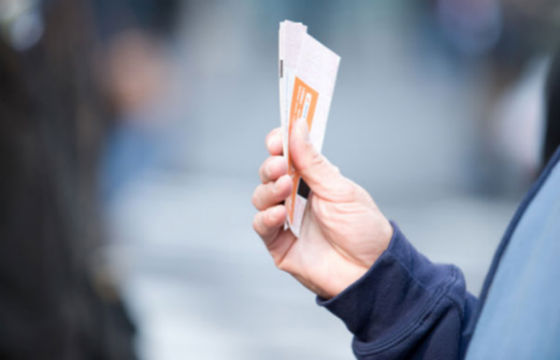The Advertising Standards Authority has announced plans to crack down on four ticket resell sites due to misleading pricing information.
Websites StubHub UK, Viagogo, Seatwave and GetMeIn! do not present clear information in the booking process about additional ticket fees and charges, leading the ASA to enforce transparency during transactions.
Ticketmaster, which owns GetMeIn!, supported the ASA’s ruling.
“Our ticket resale sites already ensure fans know exactly what they will pay at every stage of the buying process, displaying all fees as soon as the customer selects and submits the number of tickets they are looking to buy.”
The ASA also penalised Viagogo for calling themselves an “official site”, which led customers into thinking the site is a primary ticketing outlet.
Secondary ticket sale sites will have to provide clear information regarding location of seats, restrictions and the original price of the ticket.
“Many of us will recognise the frustration of being happy with the initial price of tickets on a secondary website only to be stung by hefty fees when we come to book. The message from our rulings is simple and it’s clear: the price you see at the start should be the price you pay at the end,” said the ASA’s chief executive, Guy Parker.
Competition and Markets Authority carried out a year-long investigation into secondary ticket firms, where they uncovered “widespread concerns” about breaches of consumer law.
FanFair Alliance, the campaign group on secondary ticketing, said: “While we welcome today’s ASA ruling and hope it goes some way to addressing this latter issue, what’s absolutely crucial now is enforcement. Without proper sanctions, we fear that much-needed reforms will not be implemented, particularly by Viagogo, and the public will continue to be duped.”
This is not the first time secondary ticket websites have come under scrutiny. In the past, Google has introduced new restrictions for the websites, which often claim to be “official” vendors.

